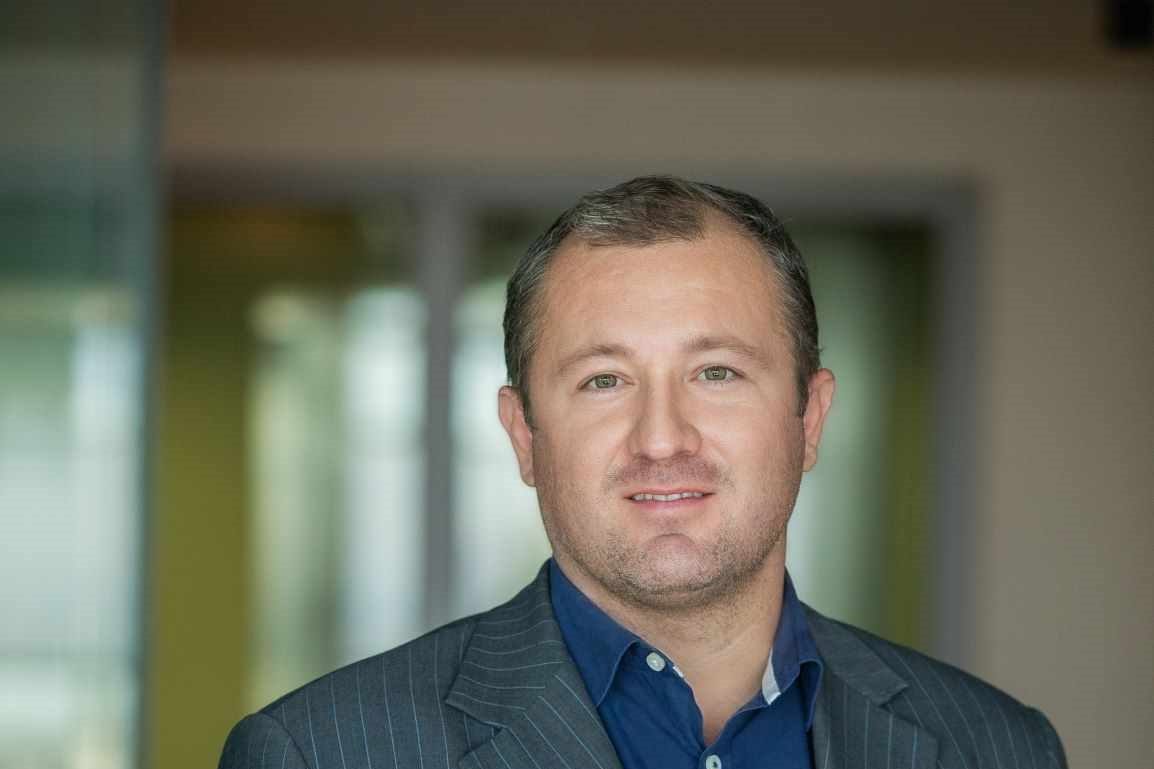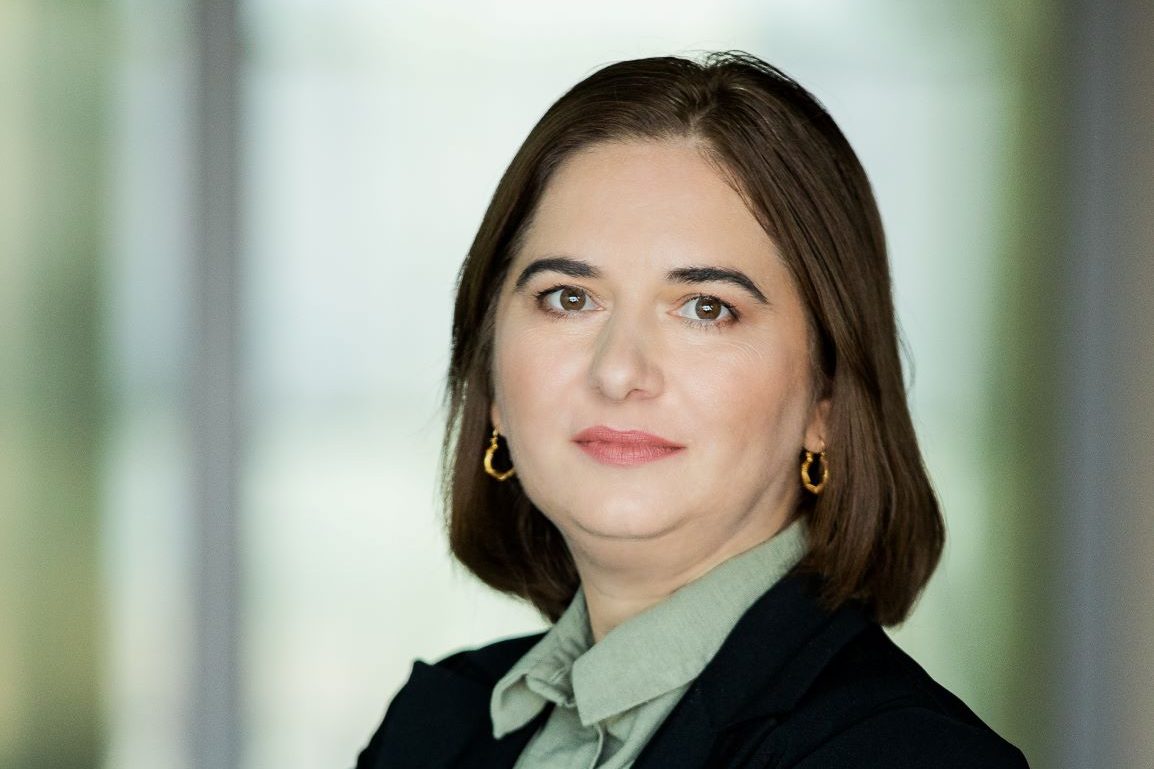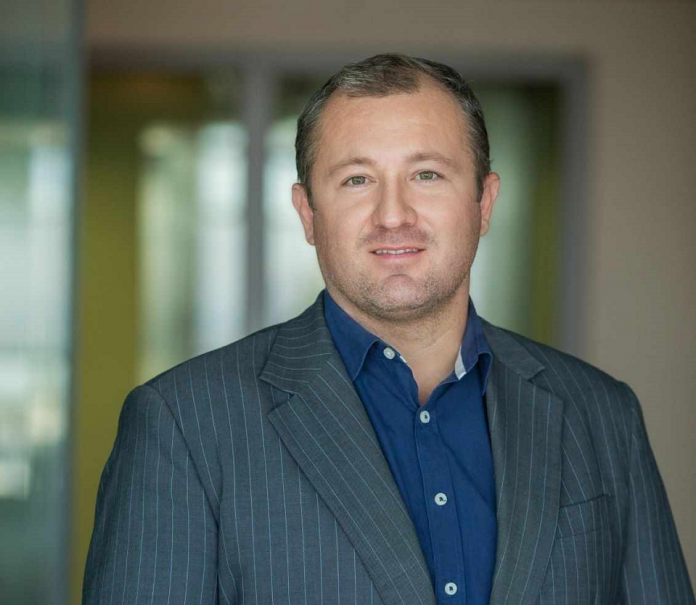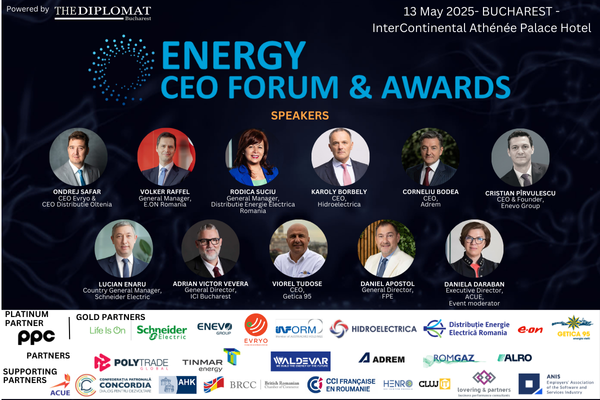- During the transition period October 1, 2023 – December 31, 2025, only reports are mandatory, the Carbon Tax as such will be paid for imported products starting January 1, 2026
- Reporting obligations during this period and how Access to the CBAM Transitory Register is achieved
- Calculation of direct and indirect emissions – for certain products, the calculated emissions can be five times lower than the value established by the EC
In order to keep its producers competitive, but also to avoid the relocation of production from the European Union to third countries, the European Commission has introduced the Carbon Tax applicable to imports of products from highly polluting industries, from the sectors of cement, cast iron, iron and steel, aluminum ( eg iron ore, tubes, pipes, tanks, construction and construction parts, bolts, nuts), fertilizers, electricity and hydrogen.
These are considered “CBAM products” by Regulation (EU) 956/2023 on the establishment of a Carbon Border Adjustment Mechanism (CBAM), the so-called Carbon Tax, applicable from 1 October 2023. From the practice of the first two reporting periods (for the fourth quarter of 2023 and for the first quarter of 2024), a multitude of aspects emerge for companies to understand and apply. Although the regulation is accompanied by in-depth explanations, documents and details, all of which are widely exposed in the platform developed by the EU, the reality shows the complexity and specificity of the application of the regulation in practice by companies. For example, one of the biggest challenges in reporting is communicating with suppliers and obtaining the information needed to calculate emissions.

“The period between October 1, 2023 and December 31, 2025 is defined as a transition period, during which importers have obligations to report the emissions incorporated in the imported CBAM products, without the obligation to pay a tax as such. Importers of products subject to the CBAM tax will have to obtain the status of “authorized CBAM declarant”, starting from January 1, 2025″, explains Mihai Petre, Director, International Trade, EY Romania.
The information is reported through the electronic database of the Commission (CE), the CBAM Transient Register, based on a prior registration, which can be carried out either individually, by the importer, or through the indirect representative, if the importer is not established in a Member State or the customs declaration is submitted by indirect representation. The next report, the third since the introduction of the obligation, must be submitted by July 31, 2024, for goods imported in the second quarter of this year.

“Declarants are only allowed to use the default values published by the European Commission to report the embodied emissions of imported products subject to CBAM only if actual data on the embodied emissions of certain goods are not available at installation level until 31 July 2024”, explained Daniela Neagoe, Senior Manager, International Trade, EY Romania. After the end of the transition period, starting in 2026, in addition to the reporting obligation, importers of CBAM products will be required to purchase “CBAM certificates” to cover their carbon emissions, which they will have to return to the authorities by on May 31 of each year, through the CBAM Registry.
“Accurate calculation for the carbon emissions of products is essential, as its results can influence the decision of companies to purchase goods with a lower carbon footprint, which, depending on the type of industry, can facilitate the achievement of the decarbonization targets set by the company. On the other hand, they can also influence the financial performance of companies, by requiring the purchase of CBAM certificates”, explained Sergiu Vasilie, Senior Manager, Sustainability and Climate Change, EY Romania.
From the practice so far, for example, for certain products, the emissions calculated by the installation were almost five times lower than the default value set by the European Commission. As climate change continues to have an ever-increasing impact on global economies, businesses and communities, it is more important than ever to accelerate the transition to a low-carbon economy. Paradoxically, at a time when global greenhouse gas emissions need to fall rapidly, they continue to rise.
“The transition to a low-carbon economy can come with significant risks, but it can also create huge opportunities for forward-thinking organizations to generate value from new businesses, products and services,” said Anamaria Stroia-Tilley, Senior Manager, Sustainability and Climate Change, EY Romania.
Another topic of interest is also the New F-Gas Regulation (EU) 573/2024, in force from March 2024. It introduces new restrictions on the use of hydrofluorocarbons (as such or in equipment such as refrigerators , freezers, air conditioning equipment, heat pumps, personal care products) and envisages their total elimination by 2050.
In this context, the recommendation of the EY experts is to start as soon as possible the analysis of the impact of the CBAM tax on the company’s activity and to consider at least some mandatory actions: starting an analysis of the impact of the CBAM in relation to the activity carried out, but also according to imports performed, based on the tariff codes and the country of origin for the imported goods; contacting suppliers in order to obtain the necessary information, but also notifying them of the obligations incident to CBAM; obtaining access to the CBAM transitory register; financial impact assessment; initiating the process of obtaining the status of CBAM authorized declarant starting from January 1, 2025.




